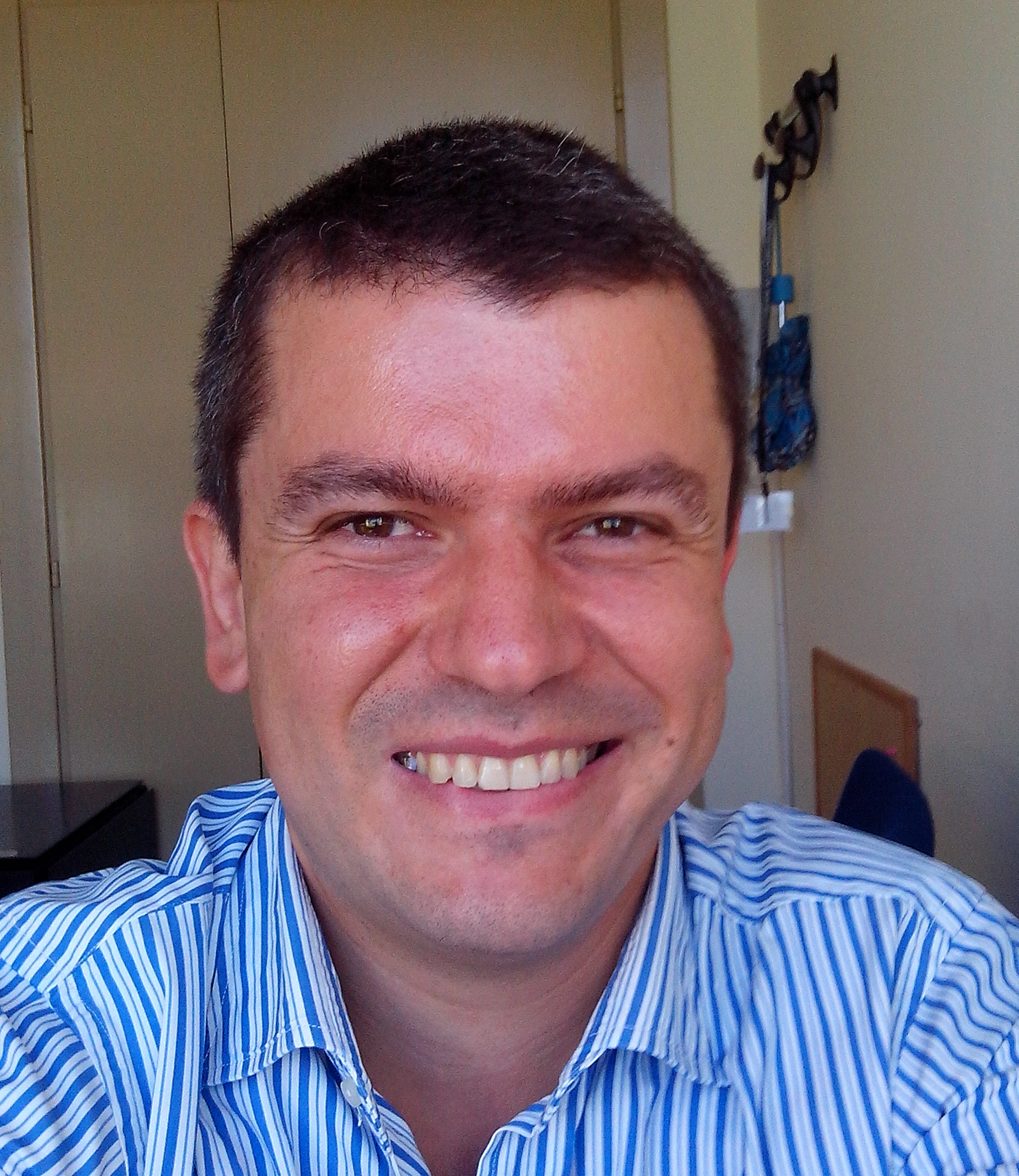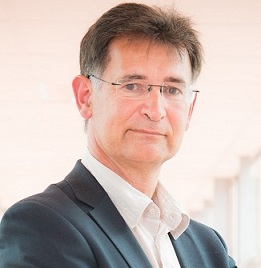Call for papers
The WOSP-C series of workshops on challenges in software performance has taken place at every ICPE except ICPE 2019 since ICPE 2015. It provides a forum for the discussion of emerging or unaddressed challenges in software and performance, including challenges in developing software to be performant, concurrent programming issues, performance and architecture, performance measurement, cloud performance, and testing. Its purpose was to open up new avenues of research on methods for software developers to address performance challenges. The software world is changing, and there are new challenges.
Overview
The workshop welcomes contributions that discuss and/or address emerging performance problems and challenges that arise anywhere across the life cycle, from requirements to design, testing and evolution of the product. In this sixth edition, we emphasize contributions on software performance challenges in Cyber-Physical Systems (CPS). CPS combine software and physical components in an infrastructure that is responsible for computation and interaction with the physical world, with humans, and with other CPS. New advances in computing and networking make that the software part in CPS gets more and more responsibilities, raising new performance challenges.
Contributions are welcomed in any of the following areas, as well as on related topics:
- Software performance challenges in Cyber-Physical Systems (CPS) and digitization processes (e.g., performance challenges in Digital Twins)
- Software performance challenges related to Industry 4.0
- Open source challenges to performance
- Performance challenges in Model-Driven Engineering
- Performance challenges in DevOps
- Modeling the performance of systems and components under development
- Non-intrusive measurement of resource usage and performance on a large scale
- Building workload models from analytics
- Workload measurement for load generation
- Automated generation of performance requirements and modeling parameters
- Inference about performance and concurrency in cloud-based, physically based, and distributed systems
- Dealing with uncertainty in performance engineering
Submission:
Authors are invited to submit original, unpublished papers that are not being considered in another forum. Papers should be in ACM format. They should describe research results, experience, visions or new initiatives, and not exceed 6 pages in length. They should be submitted via Easychair at https://easychair.org ACM templates may be found here (http://www.acm.org/publications/proceedings-template). Presented papers will be published in the ICPE 2021 conference proceedings that will be published by ACM and included in the ACM Digital Library. Authors are required to adhere to the ACM Policy and Procedures on Plagiarism as well as to the ACM Policy on Prior Publication and Simultaneous Submissions. Concurrent submission of the same work to ICPE2021 and to WOSP-C or any other ICPE2021 workshop is not permitted


